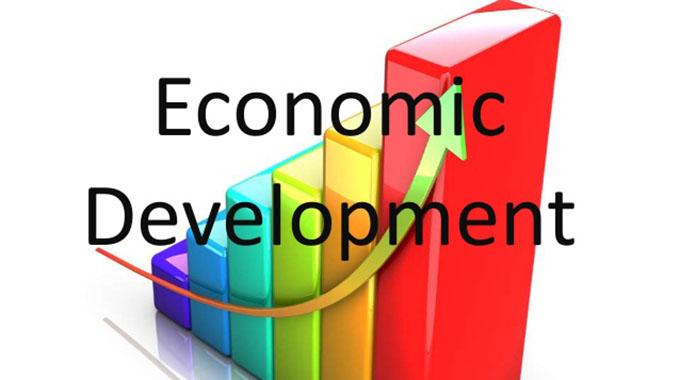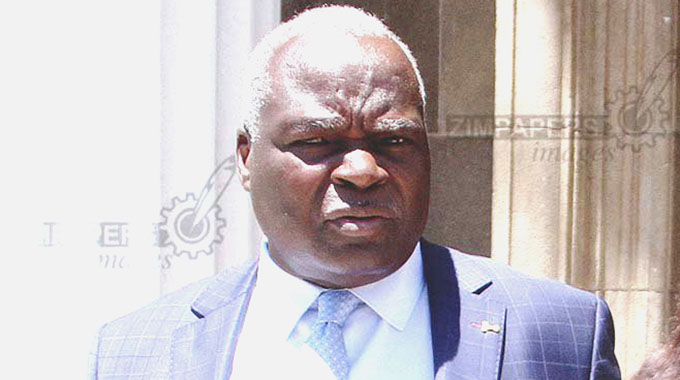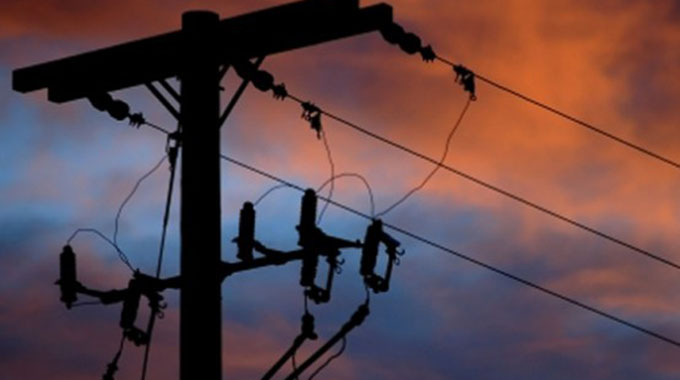Gender-inclusive policies key to economic growth

Elizabeth Andreya Features Writer
Recently the Women’s Commission of Zimbabwe held a Women’s Rights Indaba under the theme “An Inclusive and Gender-Equitable Economic Development in Zimbabwe”.
The theme was chosen in light of the current financial, economic and social challenges that we are experiencing as a country.
Speaking during the Women’s Rights Indaba, WCoZ board chairperson Ronika Mumbire said the indaba sought to increase women’s participation and push for their empowerment.
“Through this indaba, we seek to enhance women’s participation and influence; stimulate women’s economic empowerment and working conditions.
“WCoZ seeks to strengthen national accountability on gender equality and women’s empowerment,” she said.
Although we have been talking about gender equality in all sectors more often, there is still a large gap between men and women participating in economic development programmes.
When it comes to the industrial sector, it is largely dominated by men. There are very few women who own companies.
Economic growth is an inherently gendered process, and gender-based inequalities can, in fact, be barriers to shared prosperity. For growth to be truly inclusive and gender equitable, the pattern of growth should create decent work and productive employment opportunities for both men and women.
This would require policy makers to adopt human rights as a guiding national framework, and to rethink the role of macro-level economic policies, including trade, industrial, macroeconomic, finance and investment policies. There is need to address unpaid care and domestic labour through transformative approaches that recognise and value such work.
Lately, we have seen a number of organisations like WCoZ, Proweb and Restless Development supporting Government’s initiatives to increase women’s control and ownership in key sectors through capacity building and improved access to financial and technical resources.
It is commendable that there are non-governmental organisations willing to partner the Government in supporting gender equality programmes.
The Government committed to address gender inequality through the 2018-2020 Transitional Stabilisation Programme (TSP).
The United Nations Development Framework (ZUNDAF), which prioritises national development, also applies gender mainstreaming as one of the programming principles in planning, implementation, and monitoring and evaluation of programmes.
According to the UN April 2019 newsletter, gender equality, being one of the six result areas outlined in ZUNDAF, aims to ensure that women and girls are empowered to effectively participate in social, economic and political spheres.
All NGOs should continue to work together in support of Government initiatives for equitable economic development. This will unlock the local economy’s full potential by dismantling barriers and expanding opportunities for women and local communities.
Accountable public action, and investments for women will enhance the growth of quality jobs, increase entrepreneurship and ownership of the means of production.
Men should also play a role in supporting women’s development programmes to grow an equitable economy, because without their input on gender equality it is hard for us as a country to achieve it.
Women should be informed about other forums that are held in the country, such as the women’s rights indaba. They need to be enlightened on the objectives of Vision 2030 and the TSP for them to participate in the country’s development and empowerment issues with the view to grow the economy. This will also help in achieving the Sustainable Development Goal No. 5 of attaining gender equality in all sectors of the country.









Comments